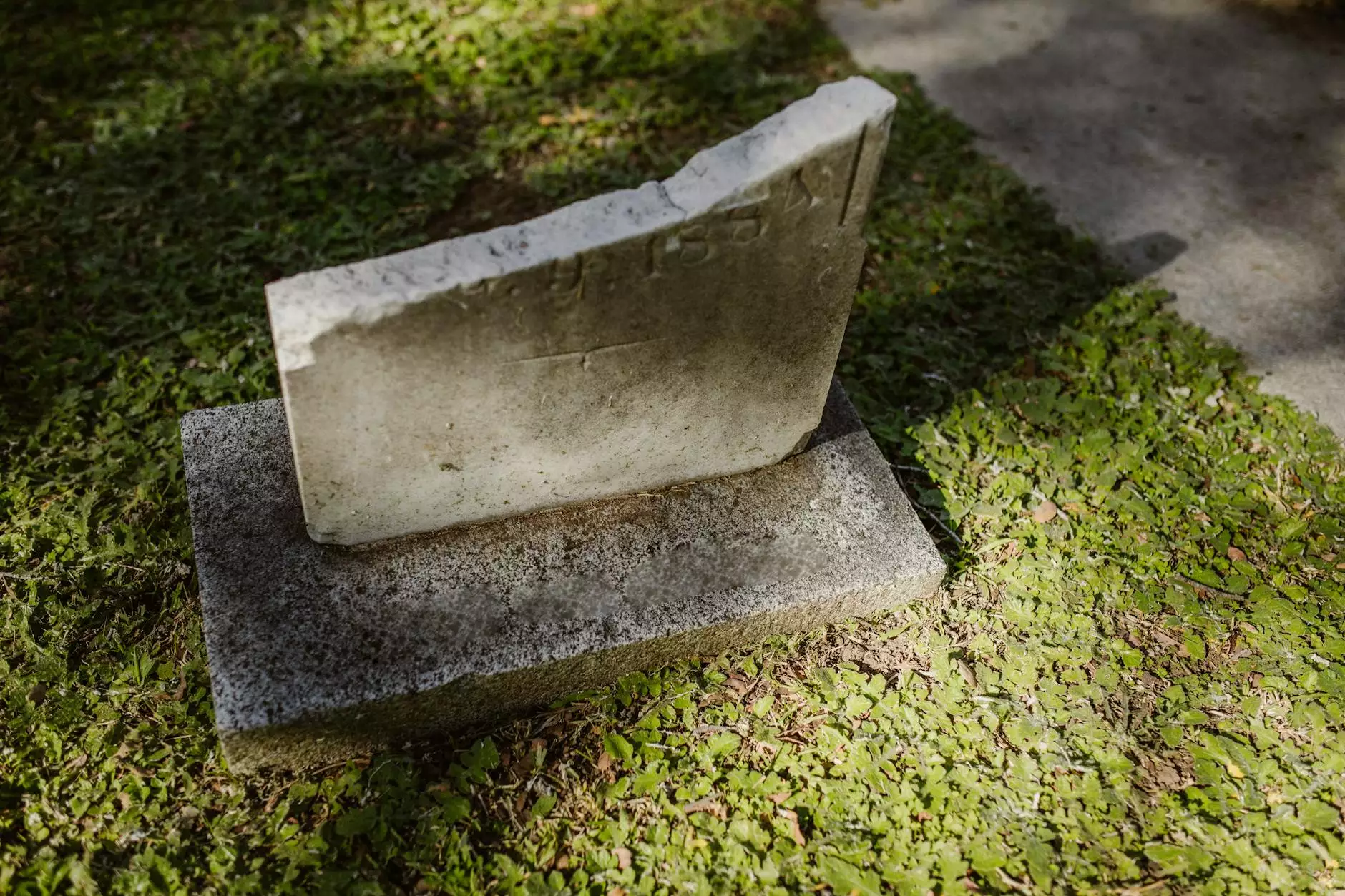What to Look for in a Commercial Lease Agreement

Entering into a commercial lease agreement is a critical decision for any business. It not only defines your workspace but also sets the stage for your business's future operational success. When examining a lease, various factors can significantly impact your business experience and financial health. Understanding what to look for in a commercial lease agreement will help you make informed choices and safeguard your interests.
1. Understanding the Lease Term
The lease term is one of the first aspects to consider. Determine the duration of the lease - is it a long-term commitment, often ranging from 3 to 10 years, or a short-term one, lasting under three years? Importantly, pay attention to renewal options. These clauses allow you to remain in the space after the initial term, often at predetermined rates. Knowing your renewal rights is essential for maintaining stability and predictability as your business grows.
2. Rent Amount and Payment Terms
The rent amount is a critical factor. Understand how much you'll be paying on either a monthly or quarterly basis. Additionally, scrutinize any clauses regarding rent increases. Many leases include escalations based on market rates or fixed increases, which can affect your budget over time. Be sure to check for provisions concerning late fees, as failure to adhere to payment deadlines can lead to additional costs.
3. Security Deposit
The security deposit is another key element to review. It typically equates to one to three months of rent. Clear definitions of the required deposit, conditions for its return, and how it will be managed are crucial. Understanding these terms ensures you won't face unfair deductions when your lease ends.
4. Use of Premises
It is essential that the lease explicitly states the permitted use of the premises. This is crucial for compliance with local zoning laws and ensuring your business operations are allowed in the space. Whether you're operating a retail store, an office, or a restaurant, detailed definitions help prevent potential legal issues down the road.
5. Maintenance and Repairs
Understanding who is responsible for maintenance and repairs is vital in a commercial lease. Often, leases will designate specific responsibilities between the landlord and tenant. Determine whether the landlord covers structural repairs while you handle day-to-day maintenance. A clear understanding of these responsibilities can help you avoid unexpected expenditure.
6. Alterations and Improvements
Your ability to make alterations and improvements to the space is often crucial for tailoring the premises to your business needs. Check if you need the landlord's permission for any changes. Having flexibility in this area can enhance your business’s functionality and aesthetic appeal.
7. Insurance Requirements
Every commercial lease typically includes insurance requirements. Understand the types of insurance (like general liability or property insurance) that you and the landlord must carry. Also, review the minimum coverage limits required to ensure that you are adequately protected against unforeseen events.
8. Termination Clause
The termination clause is another critical component to analyze. Look for conditions under which either party can terminate the lease early. Understanding the required penalties or notices for termination provides you with options should your business circumstances change before the lease ends.
9. Subletting and Assignment
In the growing field of flexible working arrangements, knowing your rights for subletting or assigning your lease is essential. This allows you to transfer your lease obligations to another business or tenant, providing flexibility should your operational needs evolve.
10. Dispute Resolution
Examine the provisions regarding dispute resolution. A lease may include clauses for mediation or arbitration in the event of disagreements. Opting for these strategies can be less costly and time-consuming than traditional litigation, allowing for a more amicable resolution to disputes.
11. Use of Common Areas
Should your lease involve shared common areas, careful attention is required. Review rules governing the maintenance and use of these spaces, as these can pertain to access, responsibilities, and restrictions. Clarity in this area prevents misunderstandings with other tenants and landlords.
12. Default and Remedies
Understanding what constitutes a default under the lease agreement is crucial. Review the lease to determine the effects of a default and what remedies are available to the landlord. This awareness can safeguard you against inadvertent breaches that could lead to loss of your lease.
13. Indemnity Clause
Be cautious of any indemnity clauses that might be included. These conditions may require you to take responsibility for certain liabilities, potentially exposing your business to significant risk. Carefully parsing this section can help you negotiate more favorable terms.
14. Governing Law
Finally, ascertain which governing law applies to your lease agreement. Typically, this will be the state where the property is located. Understanding the applicable laws is essential, particularly if a dispute arises and legal interpretation is required.
15. Additional Fees
Keep an eye out for any additional fees that could affect your expenses. Often, leases may include maintenance fees, property tax increases, or association fees that aren't included in the base rent. These can accumulate and significantly impact your overall costs.
Conclusion
In conclusion, thoroughly understanding what to look for in a commercial lease agreement is essential for safeguarding your business's future. Each of these components can significantly influence your operational flexibility, financial standing, and legal obligations. Before signing any lease, consider seeking advice from a legal professional well-versed in commercial real estate to ensure you are entering into a favorable agreement. Protecting your interests in a commercial lease is a proactive step towards ensuring your business's longevity and success.



